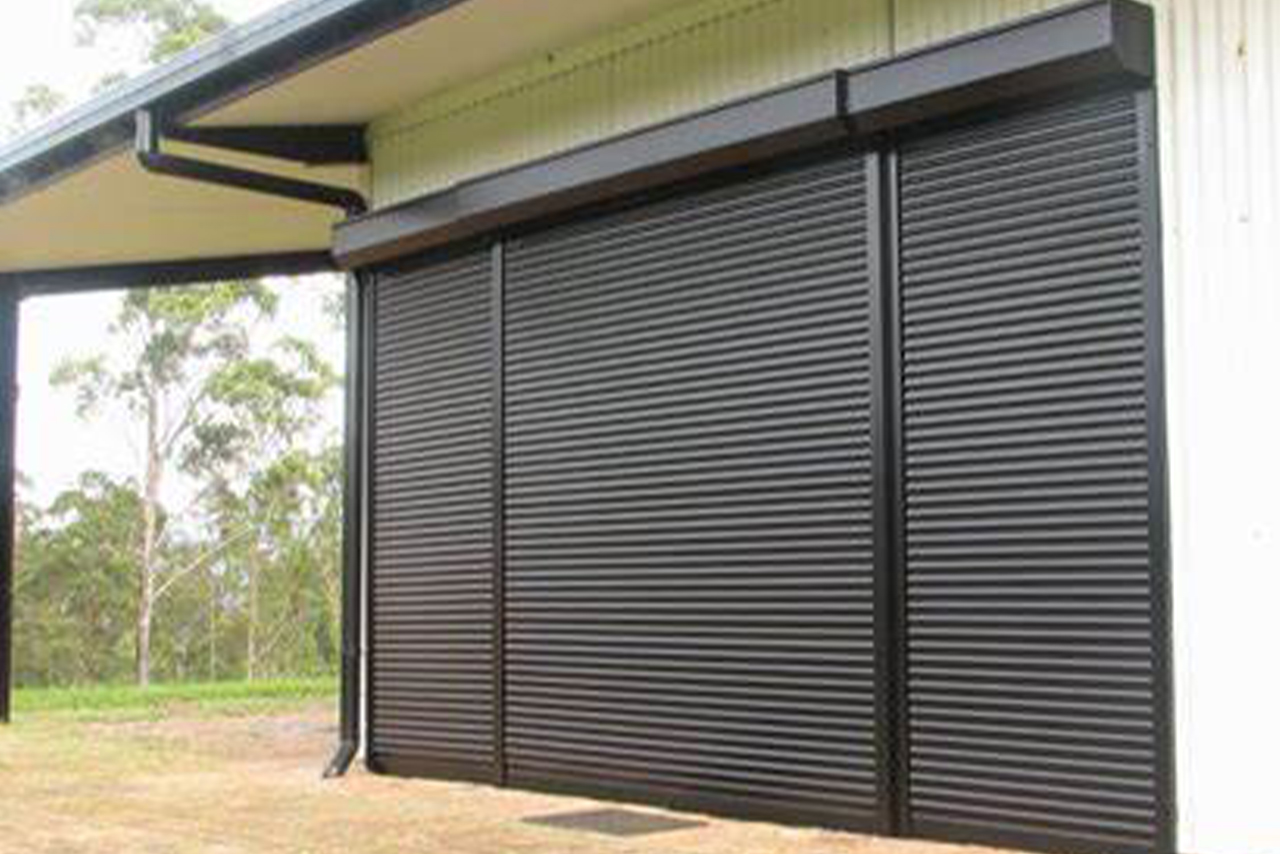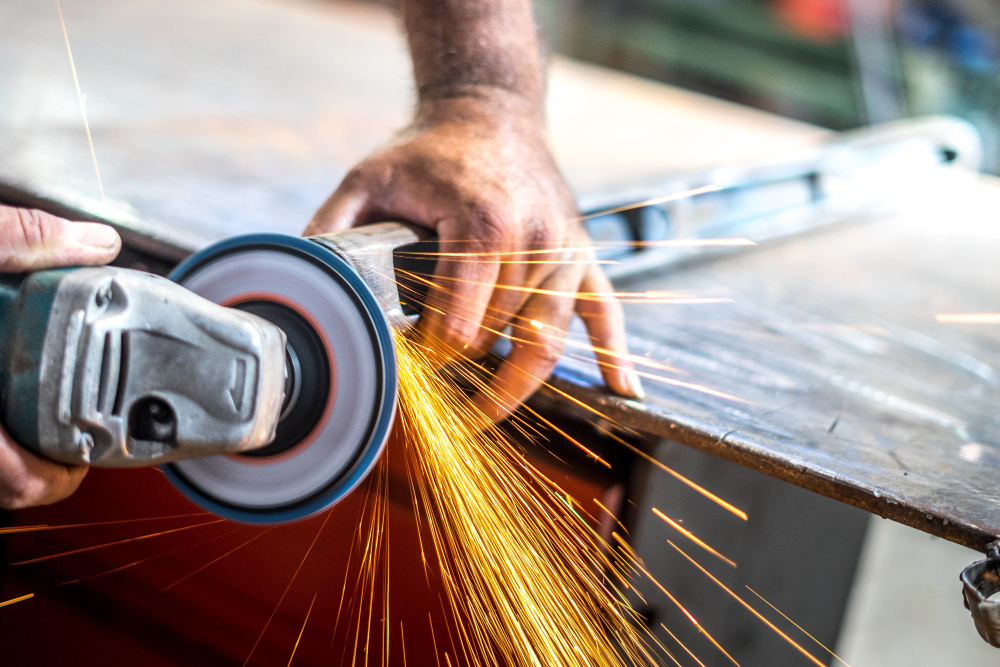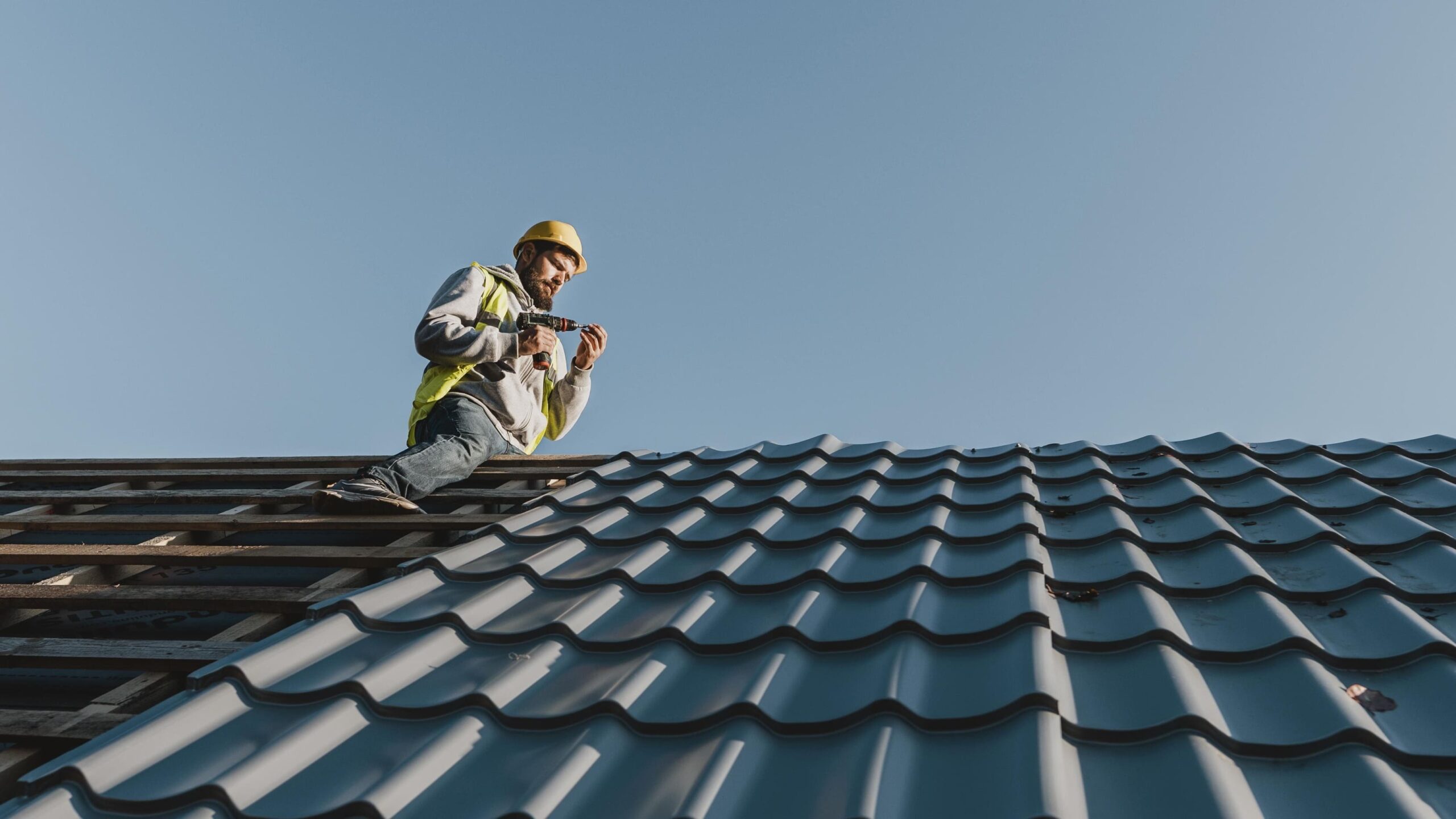Is Metal Roofing Right for Your Home? Pros and Cons to Consider
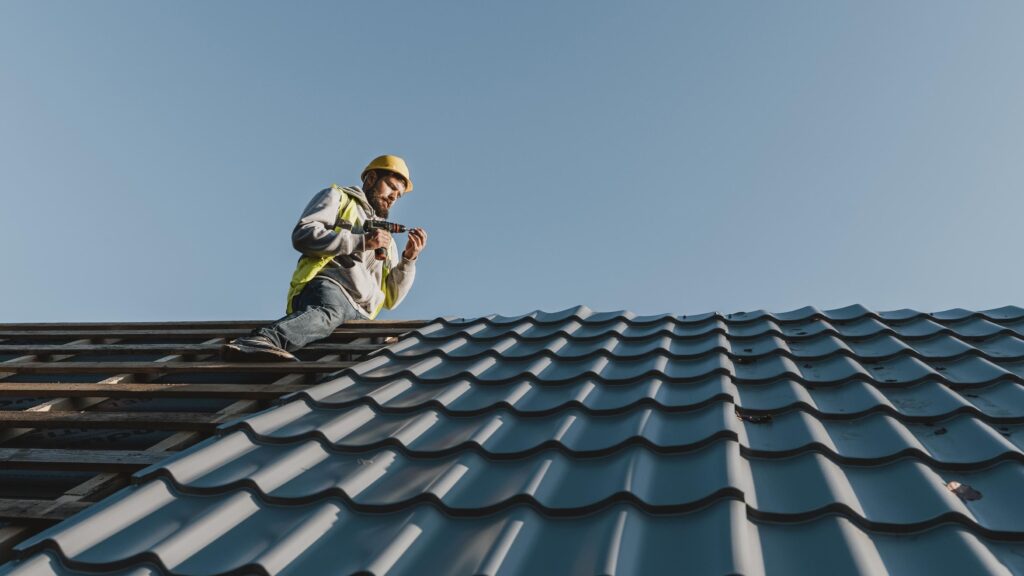
Your roof is your home’s first line of defense against the elements—why not make it strong and enduring? When it comes to selecting the perfect roofing material, metal roofing is becoming a top choice for homeowners seeking durability, style, and efficiency. From its sleek, modern appearance to its impressive lifespan, metal roofing offers plenty of benefits. But like any material, it comes with its own set of challenges. In this blog, we’ll dive into the advantages and disadvantages of metal roofing, helping you determine if this versatile option is the perfect fit for your home.
Advantages of Metal Roofing
Metal roofs offer a variety of impressive benefits, starting with their exceptional durability, lasting 30 to 50 years or more with proper installation. Their ability to withstand harsh weather conditions, including heavy rain, hail, and strong winds, makes them ideal for challenging climates. Additionally, these roofs enhance energy efficiency by reflecting solar rays when coated with specialized materials, helping to keep interiors cooler in summer. They are also low-maintenance, requiring just an occasional rinse to stay clean and functional. For homes in fire-prone areas, their non-combustible nature provides peace of mind. Moreover, many are made from recycled materials and can be recycled at the end of their lifespan, making them an eco-friendly choice.
One of the most appealing aspects of this roofing material is its lightweight design, which puts less strain on a home’s structure compared to heavier materials like tiles or concrete. It is also highly versatile in design, available in a variety of styles, colors, and finishes that can mimic the look of traditional shingles, slate, or even wood, ensuring it suits a wide range of architectural styles. For those concerned about noise during rain or hail, modern installations often include insulation layers to minimize sound, making it quieter than many expect. Another benefit is its resistance to mold, mildew, and pests, which reduces the need for frequent repairs or treatments. Over time, its ability to maintain structural integrity and aesthetics with minimal upkeep adds value to any property.
Disadvantages of Metal Roofing
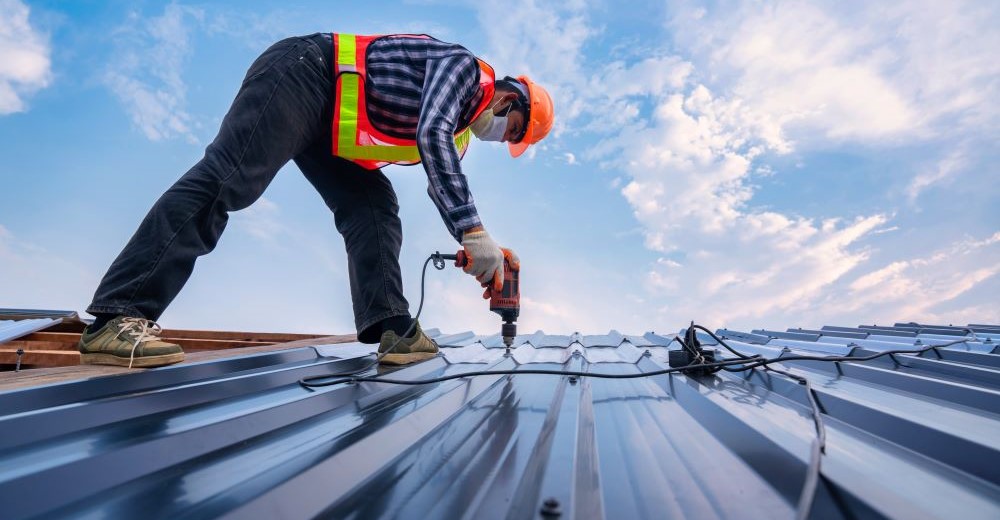
Another consideration is the potential for denting and scratching, particularly if the material is softer or subjected to falling branches or hail. Over time, some types may also face rust and corrosion if not properly coated or maintained, which can affect their longevity and appearance. Lastly, installation challenges can arise, as this type of roofing requires specialized skills and tools, making it less suitable for DIY projects.
Despite these challenges, many of the downsides can be addressed with thoughtful planning and professional installation. For example, investing in thicker, higher-quality materials can minimize the risk of dents, while modern coatings can effectively protect against rust and corrosion. Noise concerns can be alleviated with additional insulation, and although the upfront cost is higher, the long-term savings on maintenance and energy bills often offset the initial expense. By carefully weighing the pros and cons and consulting with roofing experts, homeowners can determine whether this option aligns with their needs and priorities.
Is Metal Roofing Right for Your Home?
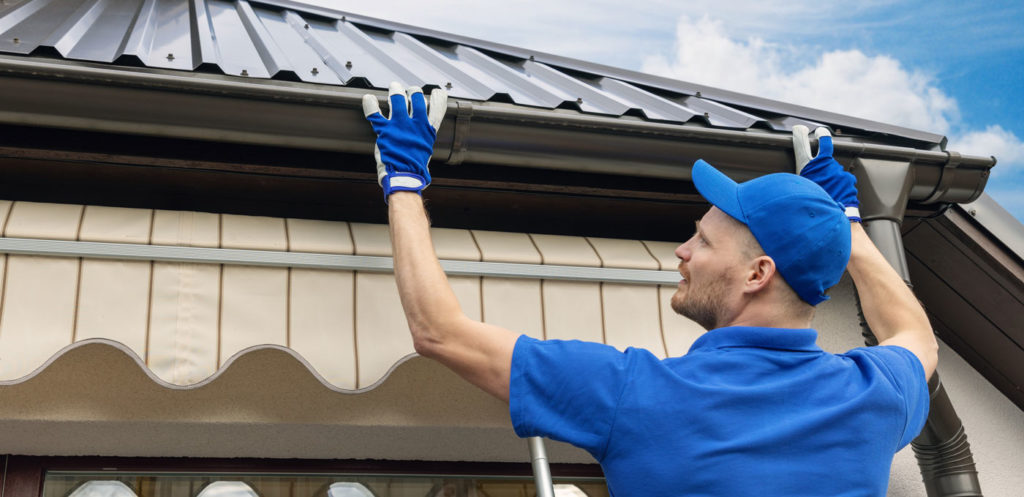
Metal roofing can be a fantastic option for homes in certain regions or with specific requirements. For instance:
Areas prone to extreme weather:
Homes in regions with high winds, heavy rainfall, hail, or snow benefit from the exceptional durability and weather resistance of this material.
Fire-prone locations
For homes in wildfire-prone areas, the non-combustible nature of this roofing provides an extra layer of safety.
Energy-conscious households
Homes looking to reduce cooling costs can take advantage of its energy-efficient properties, as reflective coatings help keep interiors cooler in hot climates.
Modern or industrial designs
Homes with a contemporary or minimalist aesthetic often complement the sleek and clean appearance of this roofing style.
Environmentally aware homeowners
Those prioritizing eco-friendliness appreciate that many materials are recycled and recyclable.
That said, this type of roofing may not be the ideal choice for every home. Consider the following scenarios:
Budget constraints
Homes with tight budgets may find the upfront cost too high compared to other roofing materials like asphalt shingles.
Mild climates
In regions with moderate weather, the high durability and weather resistance might not be necessary, making less expensive options more practical.
Traditional or historic homes
Some homes with classic or historic architecture may find that this material doesn’t align well with their design aesthetic.
Noise-sensitive environments
For homeowners sensitive to sound, the noise from rain or hail may require additional insulation to address.
DIY enthusiasts
Its specialized installation process can make it less suitable for those looking to handle roofing projects themselves.
By considering your home’s specific needs, location, and budget, you can decide whether this material is the right fit or if alternative options might better meet your requirements.
Conclusion
Metal roofing is a durable, weather-resistant, and energy-efficient option that can be an excellent choice for many homes. However, it’s essential to weigh the pros and cons and consider your specific needs and budget before making a decision. Consult with a professional roofer to determine if metal roofing is right for your home.

